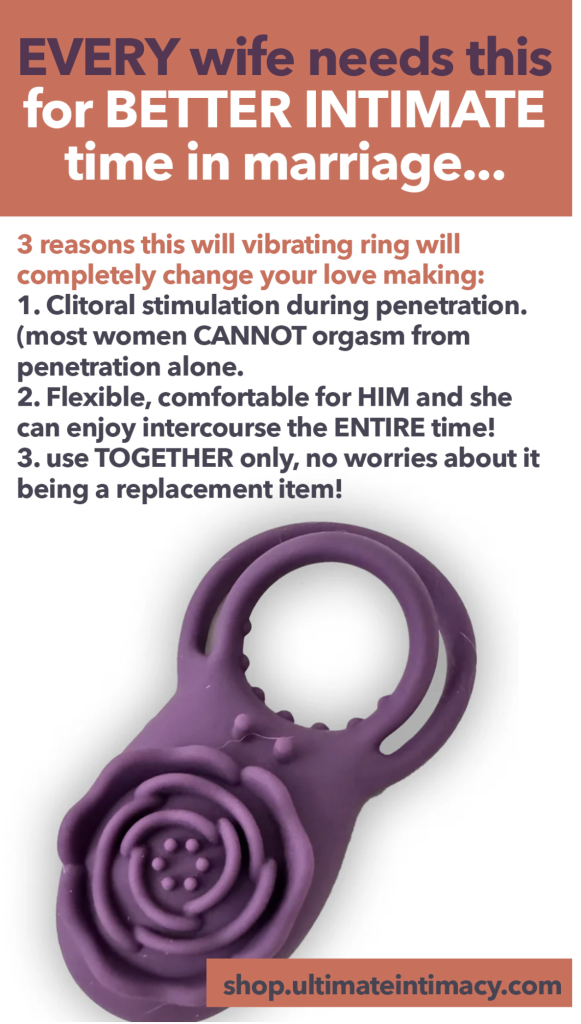Marriage is often called a journey. But what happens when the map in your head doesn’t match the landscape you travel with your spouse? Assumptions are like mental shortcuts that can mislead and hurt. They may seem small or harmless, but over time they erode trust, damage communication, and weaken intimacy. Here’s why you should never make assumptions in your marriage—and what research tells us about the cost.
What Do We Mean by Assumptions in Marriage?
An assumption is when you believe you know what your spouse is thinking, feeling, intending, or why they behaved a certain way—without actually asking or confirming. For example: “They didn’t call, so they must be upset with me,” or “If I don’t say exactly how I feel, they should just know.”

Why Making Assumptions Is Dangerous
1. Erodes Communication
Assumptions close doors to conversations that build intimacy. When you assume you know what your spouse is thinking, you stop listening. That interrupts the flow of shared understanding and honest dialogue. Over time, miscommunication becomes the norm rather than the exception.
2. Breeds Misunderstandings and Conflict
Without checking, you may interpret your spouse’s actions in the worst way possible. A tone of voice, a delayed text, or a different priority might be wrongly assumed as anger, indifference, or dislike. These misunderstandings spark unnecessary arguments or deeper resentment.
3. Creates Emotional Distance
Assumptions can make spouses feel misunderstood, alone, or unvalued. If I assume you’re mad, I withdraw instead of reaching out. If you assume I don’t care, you may stop sharing. Over time, emotional distance grows, and what was once closeness fades.
4. Undermines Trust
Trust is built slowly through honesty, vulnerability, consistency. Assumptions undermine trust because they substitute perception for reality. The more assumptions you make about motives or feelings, the more likely you are to judge incorrectly—and that leads to suspicion, defensiveness, or betrayal.
5. Prevents Growth and Adaptation
People change. Your spouse has unique perspectives, fears, strengths that evolve. If you assume you already know them—how they want to be loved, what they believe, what their priorities are, you may stop adapting. You might rely on old assumptions that no longer serve either of you.

What Research & Statistics Reveal
- Communication Quality & Marital Satisfaction
A longitudinal study of newlywed couples found that better communication—both positive and less negative—is correlated with higher marital satisfaction.
However, in some cases, satisfaction precedes better communication more strongly than communication precedes satisfaction, suggesting a feedback loop—and that assumptions disrupting communication can harm satisfaction. - Within-Couple Changes Matter
In a study across three longitudinal studies, when spouses had more positive communication than usual, they reported greater satisfaction; when negative communication increased, satisfaction dropped.
Since assumptions often lead to negative communication (criticism, withdrawal, defensiveness), they directly contribute to declines in marital satisfaction. - Link Between Lack of Communication & Wrong Assumptions
Articles and expert marriage‐therapy sources point out that a lack of clear communication is one of the main precursors to false assumptions. When spouses don’t share schedules, expectations, fears, or feelings, gaps form. And gaps get filled with guesswork. - Mental Shortcuts and Their Traps
From therapy and psychological literature: assumptions are often formed by past hurt, cultural conditioning, or fear (e.g. fear of rejection). These mental shortcuts are less about reality and more about what we think might happen. When repeatedly untested, they become belief systems, making repairing the damage harder. - Statistics on Divorce & Dissatisfaction
While specific statistics linking “amount of assumptions” to divorce are less common, studies show that poor communication, high negativity, and low positivity are strong predictors of marital dissatisfaction and divorce. For example, roughly fifty percent of marriages in the U.S. end in divorce—that underscores how prevalent the challenge is.

How to Stop Assumptions and Build a Stronger Marriage
- Ask, don’t assume.
If you think your spouse is upset, ask: “You seem distant—are you okay? Did I do something that bothered you?” - Clarify expectations.
Talk about roles, responsibilities, financial goals, emotional needs. Assume nothing. Expectations that remain unstated are often misunderstood. - Practice active listening.
Listen to understand, not to respond. Reflect back: “What I’m hearing is… Is that right?” This helps avoid inserting your own assumptions. - Check your mind’s filter.
Are you interpreting something through fear, past experiences, or biases? Notice when you’re jumping to conclusions. - Build transparency.
Share thoughts, struggles, feelings, even when it feels vulnerable. When spouses are open, fewer gaps exist for assumptions to creep in. - Regular check-ins.
Have periodic talks about how things are going, what’s working, what isn’t. These check-ins are opportunities to correct misassumptions before they grow roots.
Final Thoughts
Assumptions seem harmless, even instinctual. Yet in your marriage, they are often the quiet corrosive force eroding trust, intimacy, and satisfaction. They distort reality, sow misunderstanding, and build walls that are hard to tear down once grown.
If you’re serious about ultimate intimacy with your spouse, true closeness, trust, love, then you’ll make the choice to stop assuming and start asking, start listening, start clarifying. When you do, you build a marriage that’s grounded not in what you think but in what you know.
UandI App
What if one app could completely change your marriage—emotionally, physically, and intimately?

Check out the amazing UandI App to transform your relationship!
Here’s a sneak peek at what’s included:
- Daily Challenges – Emotional and intimate challenges to keep your connection strong.
- Date Night Challenges and Adventures – Ideas and tips for unforgettable date nights.
- Quizzes – Fun ways to learn more about each other.
- Live Polls – Engage in real-time with your spouse.
- Ask an Expert – Get relationship advice from professionals.
- Interactive Games – Including “How Well Do You Know Your Spouse?” and non-graphic sex position games.
- Intimate Conversations – Foster deep, meaningful conversations.
- Secure Chat Feature – A private space for just the two of you.
- Harmony Home – Organize and sync your household chores and schedules.
FREE to Download and Get Started!

We believe this app can be a game-changer for your marriage, helping you build stronger emotional intimacy, stay organized, and even add some extra spice to your relationship. It’s totally free to download, so there’s no reason not to give it a try today!
For more information, visit uandiapp.com and get started on the journey to a more connected, exciting marriage.
We can’t wait to hear how the U&I app helps you and your spouse create the marriage you’ve always dreamed of. Here’s to stronger bonds, more fun, and lots of love!


AMAZING Products To Transform Your Intimacy
We offer tons of great intimate products, card decks, games, lubricants, massage oil and so much more to spice up and enhance the intimacy in your relationship. We are a “Christian friendly” store and offer FREE shipping in the USA! Just click on the image below to go to our store.




